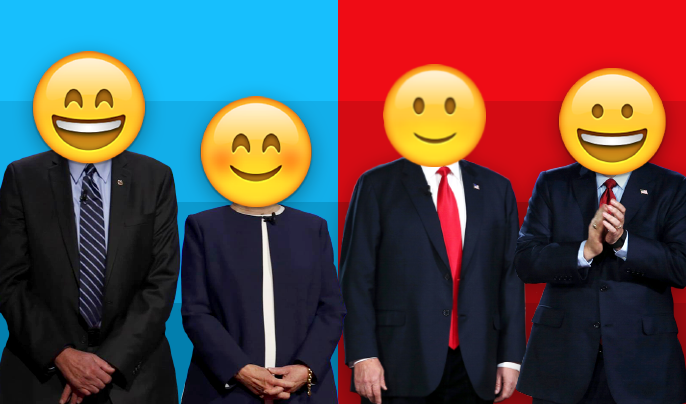
As Artificial Intelligence improves, Bots become more effective and algorithms develop the capability to know ourselves better than we do, huge challenges for society emerge.
In recent months I have discussed several of those challenges here:
1. Can an algorithm do a better job of serving our best interests than we can:
(Could Your Next Vote Be Your Last?)
2, Which version of ourselves should hold eminence?
(The Fourth Dimension of Experiuence)
3. And - exploring some of the challenges discussed in the upcoming book What To Do When Machines Do Everything *- I discussed the challenges for work in The Technology Storm That Will Blow Trump's Promises Away
At the heart of all of this is how we derive meaning because it is core to why we worry about the rise of the machines.
Some see machines as the new bogeyman. They'll get so clever they decide they don't need us. I'm more optimistic than that, preferring instead to see a far future in which 'we' are as much part of the machine as the machine is part of us - an evolution which makes us digital and releases us from the constraints of the physical world. I grant - that's a long way off. But that goal demands a relationship with technology nearer equality than master and servant on either side. The bogeyman is a risk, but a manageable one.
Some see economic threat: They will take my job. And it's hard to say yet how far reaching that will be into blue and white collar roles but given the markets are already primarily run by algorithms and key decisions for financial institutions and Governments alike are aleady the reserve of machines, no one should feel too certain of their future. Again, I greet this with optimism. The machines we envision - self-driving cars and trucks, self-operating manufacturing, warehousing, customer service and delivery, robot farming and mining, AI health services etc etc etc will generate huge cost savings, increased efficiencies, a closer match between supply and demand in real-time (driving out waste). How will you pay for it? Well, in abundance would we actually need to pay? Money is the token the market uses to allocate resources. If the market has a more effective way to deliver that (data and ever improving AI decisioning built on it) we may not need to the old tokens. And if we did, perhaps we'd all get a comfortable base on which we can earn additional credits by performing tasks and behaviours the algorithm chooses to reward (those being to our own benefit - as it knows what is best for us). I know this all sounds distant and scary but if you told early capitalists they would one day be trading in a series of ones and zeros behind which there was nothing physical to pick up and carry away, not even enough promissory notes, let alone gold, they would have been terrified, too.
Others see threat to meaning: There is the obvious tradition of the protestant work ethic to consider. Ask someone what they do and they will tell you their line of work. The French ask 'what do you do in life?' Yet we still answer - businessman, binman, pilot, rather than husband, father, son.
Another way to consider this - as raised by my good friend Ted Shelton - is in reference to the central statement of the American Declaration of Independence.
But, perhaps more importantly in the context of this discussion is, what constitutes happiness?
A meaningful life is surely a happy life. So a life filled with the right kind of work is a happy life?
But is work the necessary route to fulfillment? Some may feel service to others provides their true fulfillment. They may use their 'spare' time to do exactly that.
Others may find their fulfillment in the service of a God or religion. Others find happiness in making others happy - particularly their nearest and dearest.
So provided we retain the freedom to pursue our happiness, work may be less the critical element to our identity, our construction of self-worth, our definition of meaning, than we often believe.
And if this is true, if we can disentangle ourselves from the concept that work=meaning, then we can plan a future in which the machines do the work (by which we also mean generate the wealth) and we pursue our happiness (among that abundance).
Merry Christmas.
Disclosure: *What To Do When Machines Do Everything is written by three fellow Cognizant employees; Malcom Frank, Ben Pring and Paul Roehrig. Everything I express here and elsewhere online is my own view and my own view only and should not be considered representative of Cognizant's corporate voice.

